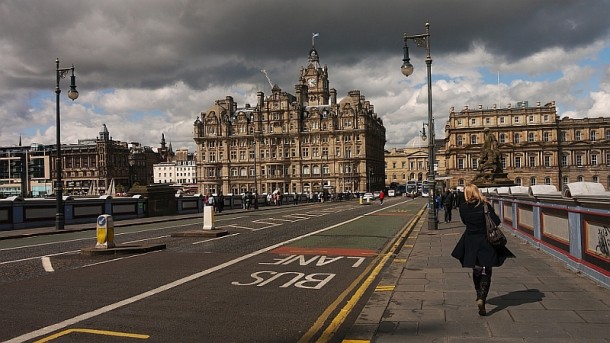In September 2014, Scotland voted to stay in the UK during a referendum, but this does not mean the door for independence is now firmly closed. The Scottish National Party (SNP) asked last week (July 2015) questions related to a new Scottish independence referendum to the UK government. One year after the Scottish ‘no’ in the referendum, the debate is still very much alive.
In the build up to the Scottish independence referendum in 2014, a heated discussion took place in the country on whether to stay or not to stay within the UK. In the end 55 % of the voters said ‘no’ to independence. However, in May this year the SNP won overwhelming the UK general elections in Scotland, with gaining 56 out of 59 seats. The party is committed to the independence of the country. It did not mean that the majority perception on independence by the Scottish people had suddenly changed, but merely that the voters wanted a Scottish voice that would speak for them.
The SNP stated after their victory that they would not go for another independence referendum any time soon. For a new poll to take place a proposal has to be included in the election manifesto of the Scottish Parliament and a victory should then be ensured. These elections will take place in 2016. The party mentioned yet another option for a new independence referendum. This option is connected with a referendum whether the Great Britain should stay or leave the European Union. The latter referendum is for now scheduled for 2017.
Member of UK Parliament Margaret Ferrier (SNP) asked last week two questions to the Secretary of State for Scotland, David Mundell, related to a new poll on the Scottish independence. Ferrier asked Mundell “what assessment he has made of the implications for his policy on a further referendum on Scottish independence of the Scottish Parliament election in 2016 delivering a majority for political parties committed to the holding of such a referendum”.
She also wants to know what “contingency plans his Department has prepared for the possibility of a further referendum on Scottish independence being the policy of the Scottish Government after the Scottish Parliament election in 2016”. The Secretary of State has yet to respond.
Although the Scottish referendum to leave the UK was rejected last year, the fight for independence has not been stopped. The referendum has not silenced the debate on Scottish independence. It just showed that currently a small majority is against it. The hope of the 45% who voted in favour is that this perspective might change. Backed with this support the SNP cannot let go the endeavour for an independent Scotland. Another poll on the future of the country will probably be held. The question that remains is when.

